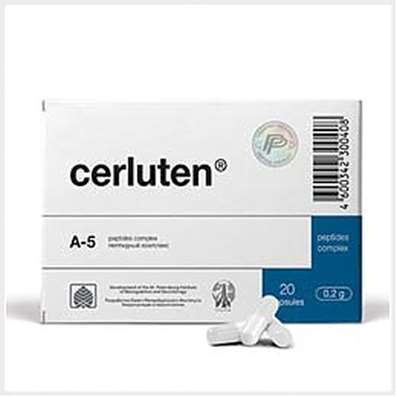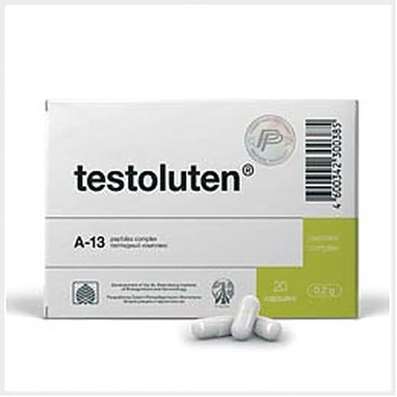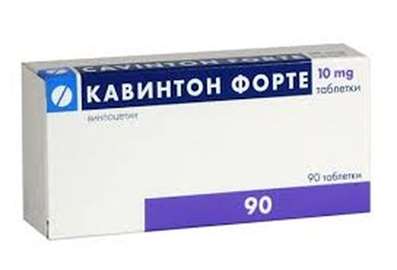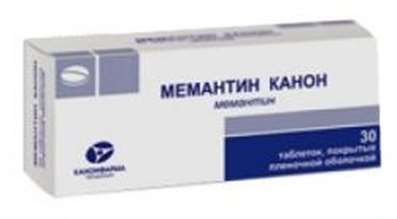Instruction for use: L-Thyroxin-Akri
I want this, give me price
Active substance Levothyroxine sodium
ATX Code H03AA01 Calcitonin
Pharmacological groups
Synthetic thyroid hormone [Thyroid and parathyroid hormones, their analogs and antagonists (including antithyroid agents) / 67 /]
Nosological classification (ICD-10)
C73 Malignant neoplasm of thyroid
Thyroid cancer, Thyrotropin-Dependent Thyroid Carcinoma, Anaplastic thyroid cancer, Thyroid carcinoma, Medullary thyroid cancer, Thyroid tumors, Papillary thyroid cancer
E01 Thyroid gland diseases associated with iodine deficiency and similar conditions
Hormonal deficiency of the thyroid gland due to iodine deficiency in the body, Goiter endemic, Iodine deficiency alimentary state, Iodine deficiency disease, Iodine Deficiency, Endemic cretinism
E01.0 Diffusive (endemic) goiter associated with iodine deficiency
Goiter, Endemic goiter, Accommodation in regions with iodine deficiency
E03 Other forms of hypothyroidism
hypothyroidism, Hypothyroid conditions, Thyroid hypothyroidism, Diagnosis of hypothyroidism, Myxedema, Primary hypothyroidism, Simple goitre,Spontaneous hypothyroidism, Iatrogenic hypothyroidism
E04.0 Non-toxic diffuse goiter
Diffuse nontoxic goiter, Diffuse euthyroid goiter
E05.9 Thyrotoxicosis, unspecified
tireotoksicski reaction, Enlargement of the thyroid gland with symptoms of hyperthyroidism, The phenomenon of iodine Basedow, Thyroid hyperplasia, hyperthyroid state, Hyperthyroidism, Thyroid dysfunction, Diffuse thyrotoxic goiter, The latent thyrotoxicosis, Increased thyroid function, thyrotoxicosis
E06.3 Autoimmune thyroiditis
Autoimmune thyroiditis Hashimoto, Thyroid Bladder Lymphadenoid, Hashimoto's disease, De Kervena thyroiditis, Goiter lymphomatous, Goiter lymphocytic, Zob Hashimoto, Lymphadenoid goiter, Thyroiditis Hashimoto, Hashimoto thyroiditis, Struma Hashimoto
E91 * Diagnosis of endocrine system diseases
Diagnosis of hypogalactia, Diagnosis of thyroid suppression, Diagnostic test of thyroid function, Diagnosis of hypothyroidism, Diagnosis of disorders of gonadotropic pituitary gland function, Thyroid scintigraphy test, Diagnostics of pheochromocytoma
Composition and form of production
Tablets 1 table.
Levothyroxine sodium 0.0001 g
Auxiliary substances: milk sugar; Ludistress; Magnesium stearate
In a planar cell pack of 10; In a pack of cardboard 5 or 10 packages.
Description of dosage form
White and white tablets with a creamy shade of color, square with rounded edges, biconvex with a cross-shaped notch on one side and stamped letters "L-T" on the other side.
Characteristic
Synthetic drug of the thyroid hormone, levorotatory isomer of thyroxine.
pharmachologic effect
Pharmacological action - replenishing deficiency of thyroid hormones.
Has a regulating effect on the development of the body, tissue growth, metabolism. In small doses, it has an anabolic effect on protein and fat metabolism. In medium doses stimulates growth and development, raises the need for tissues in oxygen, stimulates the metabolism of proteins, fats and carbohydrates, increases the functional activity of the cardiovascular system and the central nervous system. In large doses oppresses the production of thyrotropin-releasing hormone hypothalamus and thyroid-stimulating hormone of the pituitary gland.
Pharmacokinetics
After oral administration, it is absorbed in the small intestine by 48-79% (fasting increases the absorption of the active substance). Cmax in plasma is achieved after about 6 hours, binding to plasma proteins - more than 99%. The volume of distribution is 0.5 l / kg. Metabolized mainly in the liver, brain and muscles. T1 / 2 is 6-7 days. About 15% is excreted in urine and bile in unchanged form and in the form of conjugates.
Clinical Pharmacology
The effect develops 7-12 days after the initiation of therapy, during the same time the effect remains after the drug is discontinued.
Indications
Hypothyroidism of various genesis (replacement therapy), diffuse euthyroid goiter (prevention and treatment), prevention of recurrence of nodular goiter after resection; Diffuse toxic goiter (after thyrotoxicosis compensation by thyreostatics in combination therapy); After surgery for thyroid cancer (suppressive and substitution therapy); Differential-diagnostic test of thyroid suppression.
Contraindications
Hypersensitivity, untreated hyperthyroidism, myocardial infarction, myocarditis, dysfunction of the adrenal cortex.
pregnancy and lactation
In pregnancy, the use of levothyroxine sodium for hypothyroidism should be continued under the supervision of a doctor, as part of complex therapy - contraindicated. In the period of breastfeeding - with caution.
Side effects
Symptoms that are characteristic of the increased function of the thyroid gland: palpitation, heart rhythm disturbance, pain in the heart, increased irritability, irritability, insomnia, tremor, diarrhea, weight loss, increased sweating.
Interaction
Reduces the effect of insulin and oral antidiabetics, increases - indirect anticoagulants and tricyclic antidepressants. Phenytoin, salicylates, dicoumarol, furosemide (in high doses), clofibrate - enhance the effect. Kolestyramin suppresses absorption (if necessary, combined with levothyroxine sodium should be taken 4-5 hours before the reception of colestyramine).
Dosing and Administration
Inside, in the morning, 30 minutes before breakfast, with a small amount of liquid.
Hypothyroidism: for adults, the initial dose is 25-50 μg / day (1 / 4-1 / 2 table); Every 2-4 weeks, the dose is increased by 25-50 μg / day until the optimal effect is achieved. Supportive dose of 100-300 mcg / day (1-3 tablets); Children the initial dose is 12.5-50 μg / day, the maintenance dose for newborns is 4 μg / kg of body weight, for infants up to 3 months - 25 μg / day, from 3 months to 1 year - 37.5 μg / day ; 1-5 years - 50 mcg / day; 5-7,5 years - 75-100 mcg / day, 7.5-12 years - 100 mcg / day.
Diffuse euthyroid goiter: adults 100-200 mcg / day (1-2 tablets); Children under 1 month - 12.5 mcg / day, from 3 months to 1 year - 25-37.5 mcg / day, 1-5 years - 25-62.5 mcg / day, 5-7.5 years - 50 -100 mcg / day, 7.5-12 years - 100-150 mcg / day.
Additional therapy in the treatment of thyreostatic drugs: 50-100 mcg / day (1 / 2-1 table).
Malignant thyroid tumor (after operation): 150-300 mcg / day (1.5-3 tablets).
Prevention of relapse after removal of goiter: 100 mcg / day (1 table).
To carry out the diagnostic test: - once in a dose of 200 mcg for 2 weeks.
Overdose
Symptoms: may increase the side effects.
Treatment: reduction in the daily dose or discontinuation of the drug for several days. Then - continued therapy in a reduced dose.
Precautionary measures
Caution is prescribed for elderly patients with diabetes mellitus, with adrenal cortex deficiency, angina pectoris, heart rhythm disorders, heart failure, arterial hypertension, severe hypothyroidism of the thyroid gland.
special instructions
Patients with diabetes mellitus in the early weeks need frequent monitoring of blood sugar levels.
In case of unsatisfactory tolerability, the daily dose can be divided into 2-3 doses. It should be strictly observed the regularity of taking L-thyroxine-acry to avoid the development or increase of side effects.
storage conditions
In dry, the dark place at a temperature of no higher than 25 ° C.
Keep out of the reach of children.
Shelf life
3 years.
Do not use after the expiry date printed on the package.

 Cart
Cart





